Calcium is essential for building and maintaining healthy bones throughout life. Calcium combines with other minerals to form hard crystals which are embedded in bones, giving bones strength and structure. During periods of active growth, adequate calcium intake is needed to build peak bone mass.
Our muscles and nerves also need calcium to function properly. Calcium helps with muscle contraction that allows our body to move, our heart to beat and our blood vessels to move blood throughout the body.
Calcium also acts as a messenger that our nerves need to send signals between brain and every part of the body.
Calcium intake during pregnancy, as recommended by a healthcare professional, helps reduce the risk of preeclampsia (a condition associated with perinatal complications).



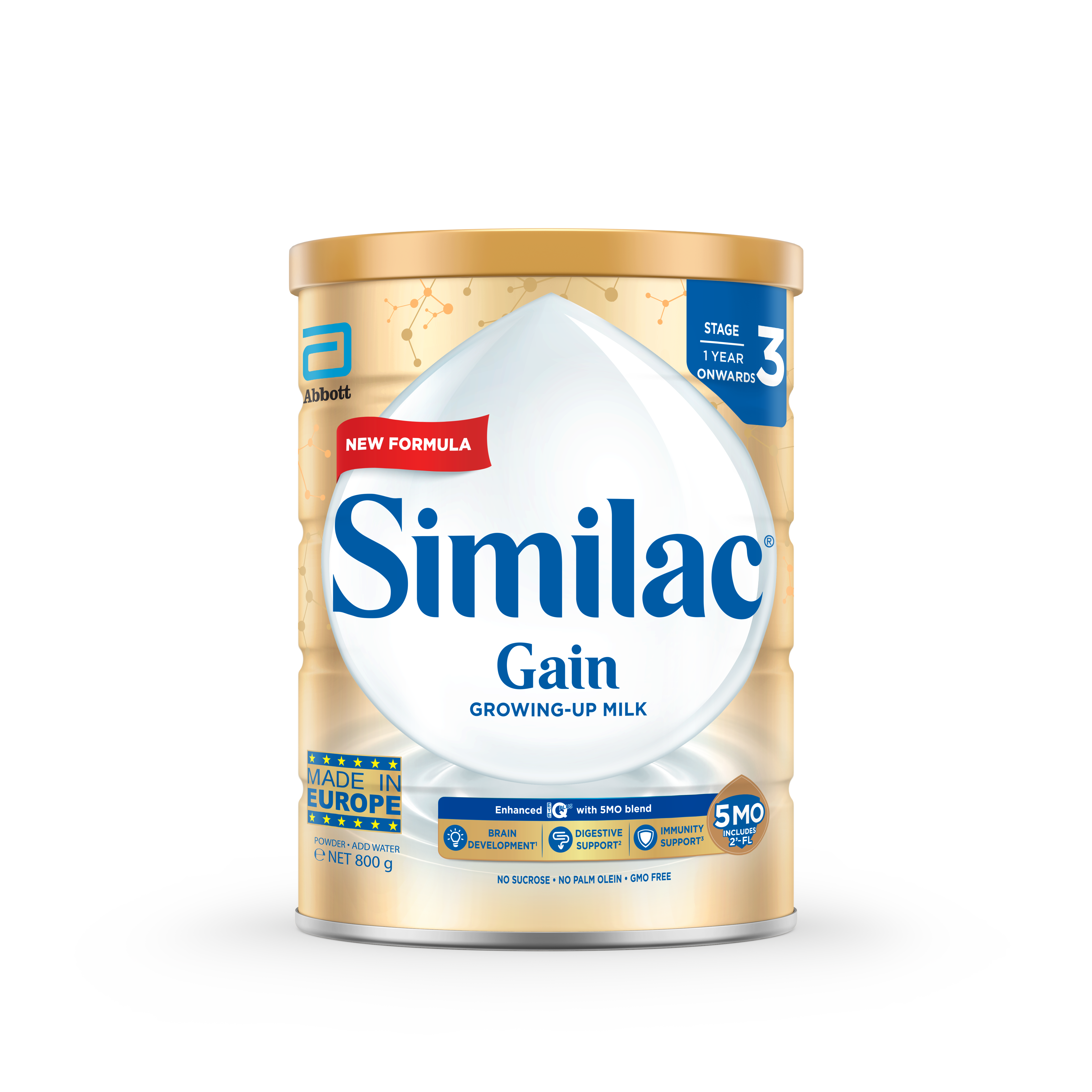


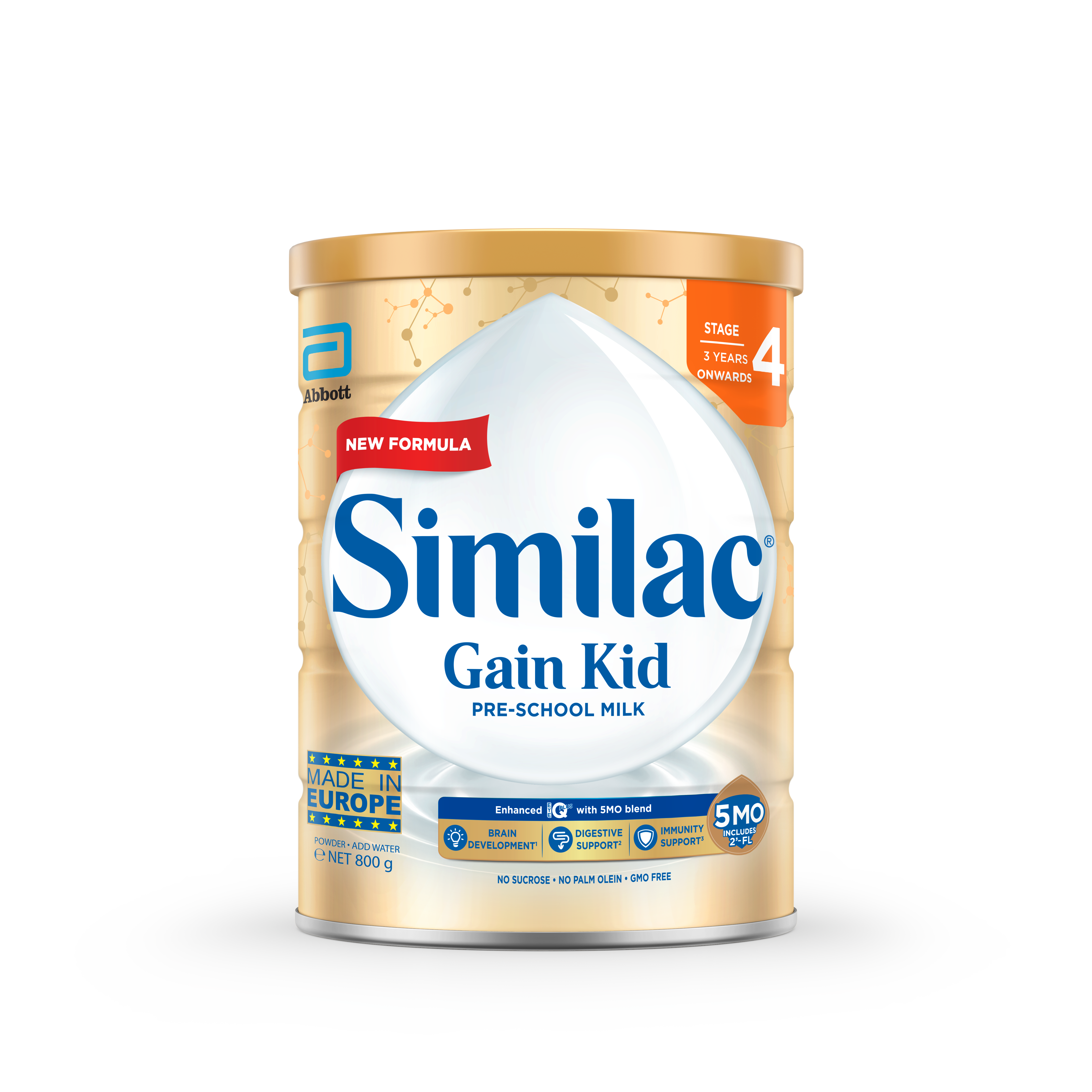
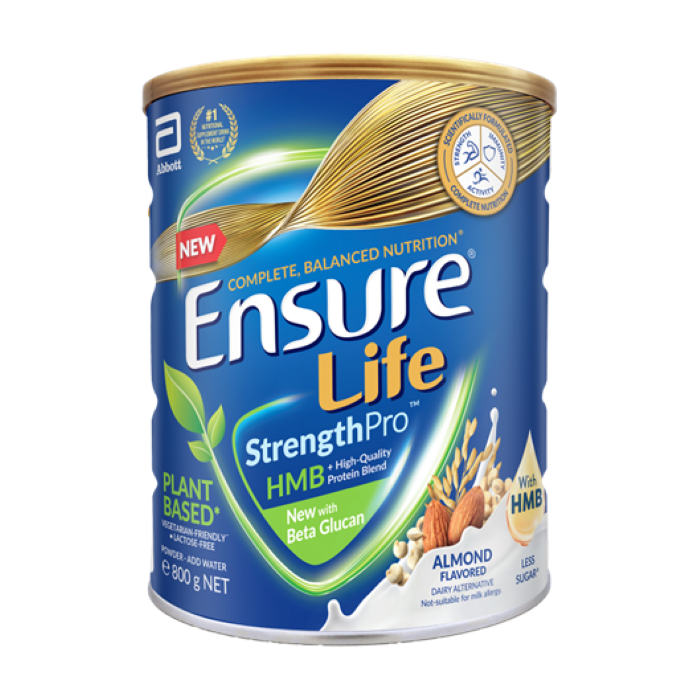
.jpg)
.jpg)

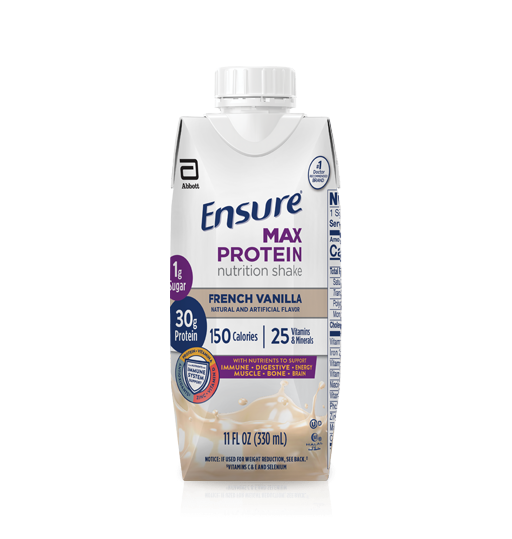
.jpg)
.jpg)
.jpg)
.jpg)
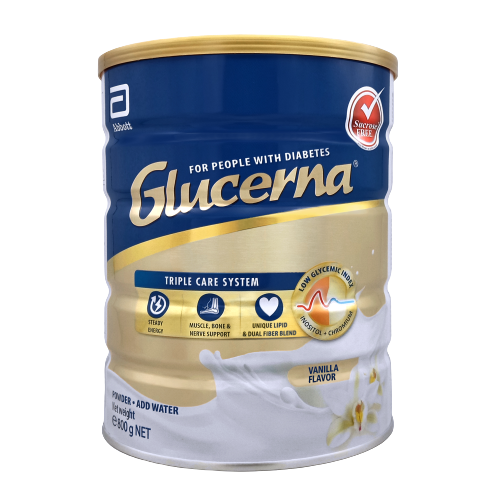
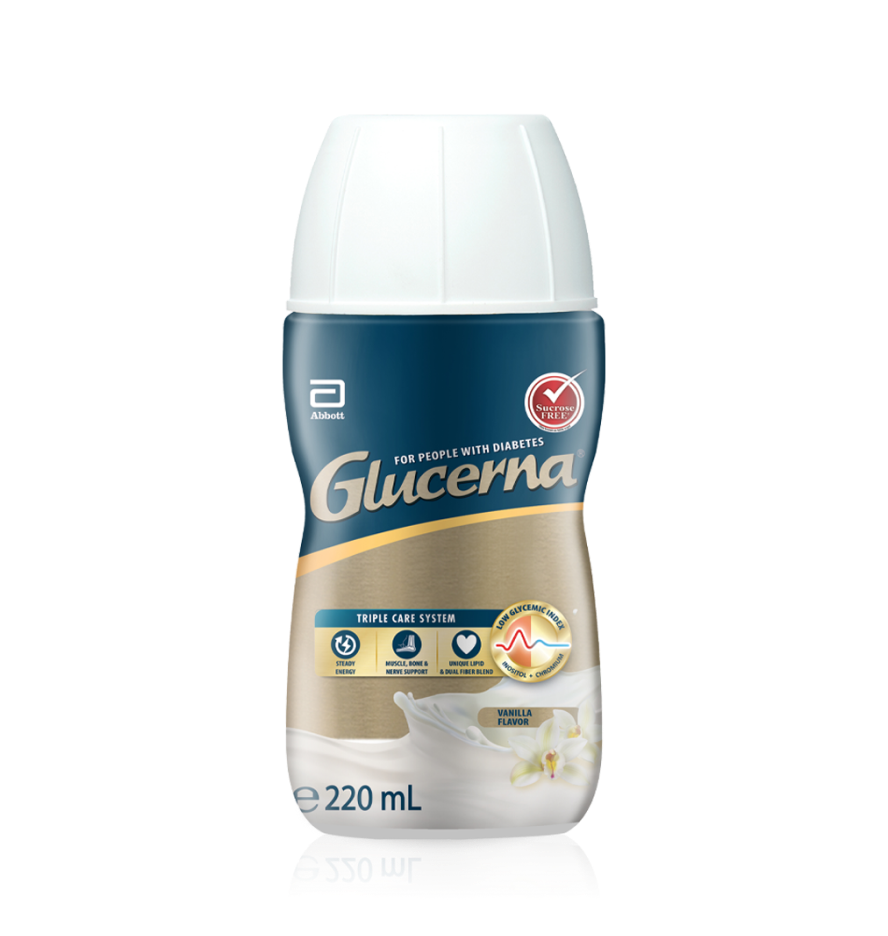
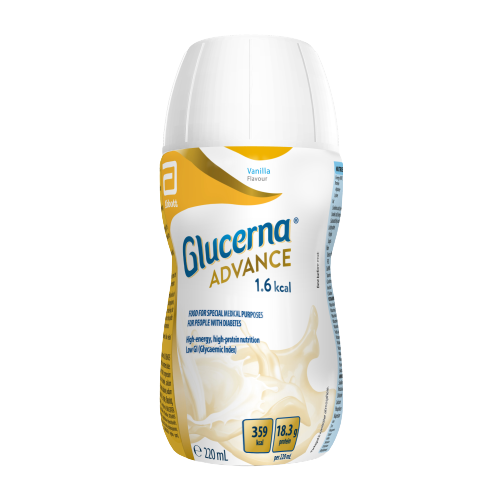
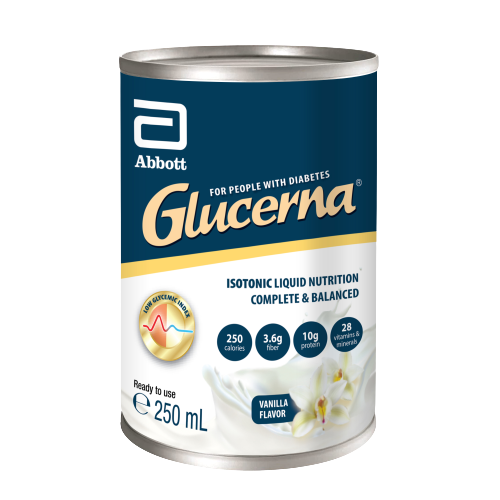


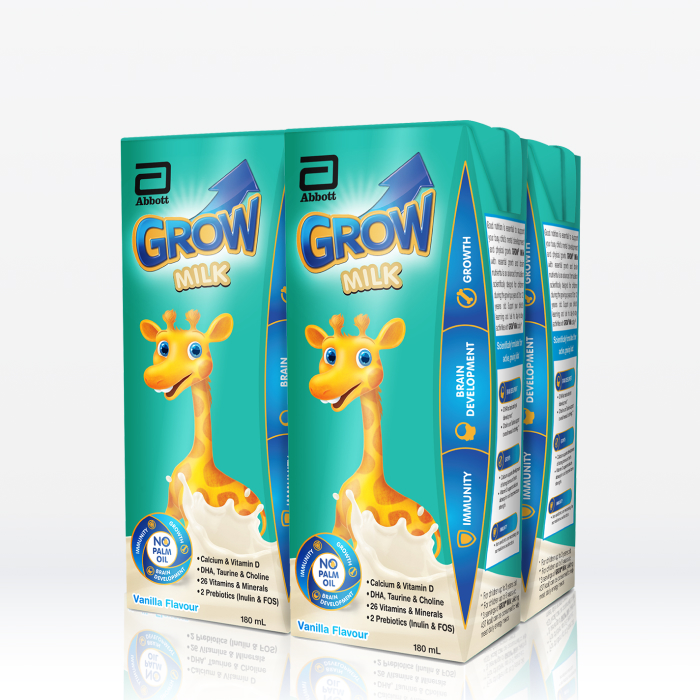





STAY CONNECTED